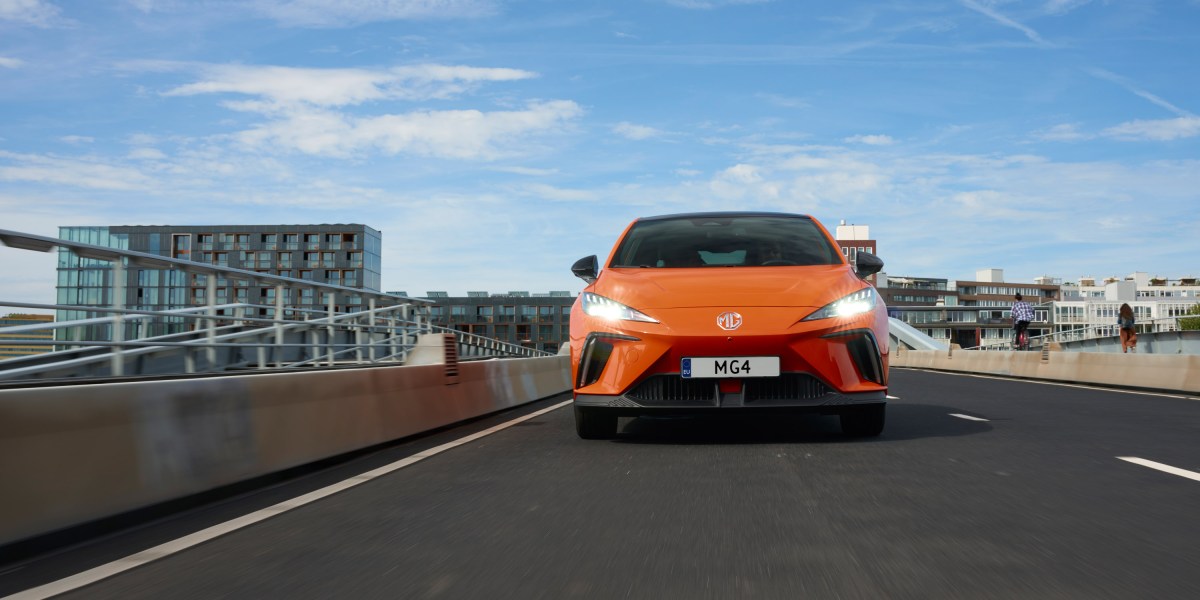
But these global ambitions hit a roadblock this month when European Commission president Ursula von der Leyen made a high-profile announcement launching an investigation into whether Chinese-made EVs benefit from excessive government subsidies.
As I wrote in a story published yesterday, the coming investigation will look at whether the Chinese government has given its automakers too many subsidies and therefore conferred an unfair advantage on the world stage. If the inquiry finds evidence for this claim, which experts told me is very likely, it could result in increased import duties for Chinese-made EVs that would likely make them less competitive in European markets.
“In my opinion, this announcement is just the first of several measures that Europe will consider taking in order to protect its local industry,” says Felipe Muñoz, a senior analyst at the London-based auto-industry consultancy JATO Dynamics.
The investigation comes at a time when European automakers are feeling increasingly threatened by Chinese brands, which are releasing competitive models at least $10,000 cheaper than their European rivals. A lot of the Chinese brands that are stirring up concern are well-known names in China, like the established giant BYD and the promising startup Nio.
But there’s one name you might not expect.
“The one who’s really changing the game is not Nio. It’s not BYD,” says Muñoz. “The big thing, which accounts for around 80% of the Chinese brands’ sales in Europe, is MG.”
Er, what’s MG? To be honest, I hadn’t even heard of that brand before this conversation, let alone had any sense of how successful it has been.
I’ve since learned MG was created in the UK in the 1920s, getting its name from an Oxford retail center called Morris Garages. It remained a luxury British sports car brand for more than 80 years until its owner went bankrupt in 2005. It was then acquired by a smaller Chinese company called Nanjing Auto and later by SAIC Motor, China’s largest auto company. Since then, all MG cars have been designed and manufactured in China. It produces both gas cars and electric vehicles but plans to go all electric by 2027.
